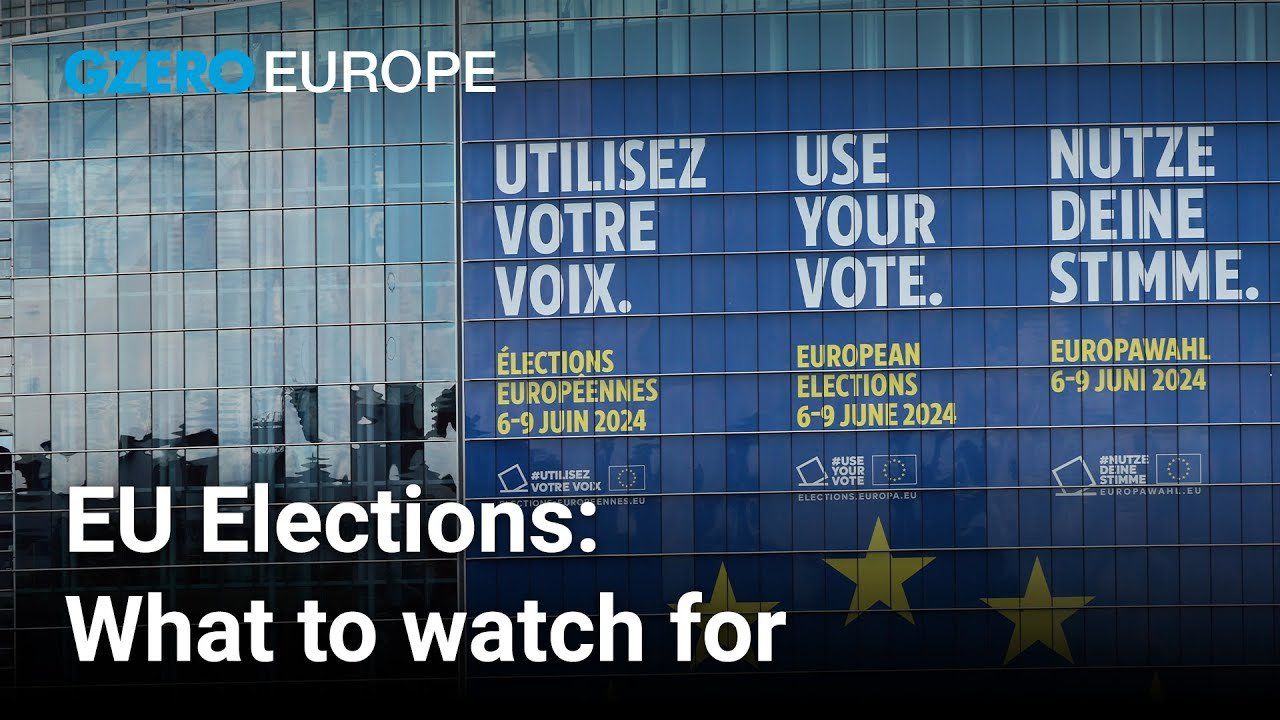June 03, 2024
Carl Bildt, former prime minister of Sweden and co-chair of the European Council on Foreign Relations, shares his perspective on European politics from Stockholm, Sweden.
What are the prospects for the European elections later this week?
Yep, it's going to be a big week for big elections. First, on Tuesday coming out the result from the world’s , by far, biggest democratic election, the Indian one. And then from Thursday onwards until Sunday, we have elections in the 27 countries of the European Union, 370 million people have the possibility to vote for the members of the European Parliament, 720 of those. Result remains to be seen. It's unlikely to be any revolutionary change, but we will see the Greens losing in some countries, the extreme right doing gains in Italy and France. But I think the major parties, the center-right European People's Party, the Social Democrats and the Liberals could probably retain the overall majority. But that remains to be seen. In addition, national elections in Belgium and Bulgaria. It's a big week for big elections ahead.
From Your Site Articles
More For You
Most Popular
Sponsored posts
Small businesses at a crossroads
Walmart sponsored posts
Walmart’s $1 billion investment is strengthening associate careers
Ukraine's President Volodymyr Zelenskiy, Finland's President Alexander Stubb, Estonia’s Prime Minister, President of the European Commission Ursula von der Leyen and other European leaders visit memorial to fallen Ukrainian defenders at the Independent Square on the fourth anniversary of Russia's full-scale invasion, in Kyiv, Ukraine February 24, 2026.
Ukrainian Presidential Press Service/Handout via REUTERS
Somewhere in the Donbas region, Ukrainian soldier Artem Bondarenko says he hasn’t slept through the night in months as he defends Eastern Ukraine.
- YouTube
In the latest episode of Vladimir Putin and Xi Jinping's hit wellness podcast This Authoritarian Life, we learn how positive communication patterns can break negative cycles in our relationships -- especially our relationships with Iran, Syria, Venezuela, and Cuba. #PUPPETREGIME
People inspect the damage at the site of an Israeli strike on Friday, in Bednayel, Bekaa valley, Lebanon, February 21, 2026.
REUTERS/Mohamed Azakir
Israel indirectly warned Lebanon that it would strike its northern neighbor hard if the Iran-backed militia group Hezbollah gets involved in any future US-Iran conflict, two Lebanese officials told Reuters.
© 2025 GZERO Media. All Rights Reserved | A Eurasia Group media company.
